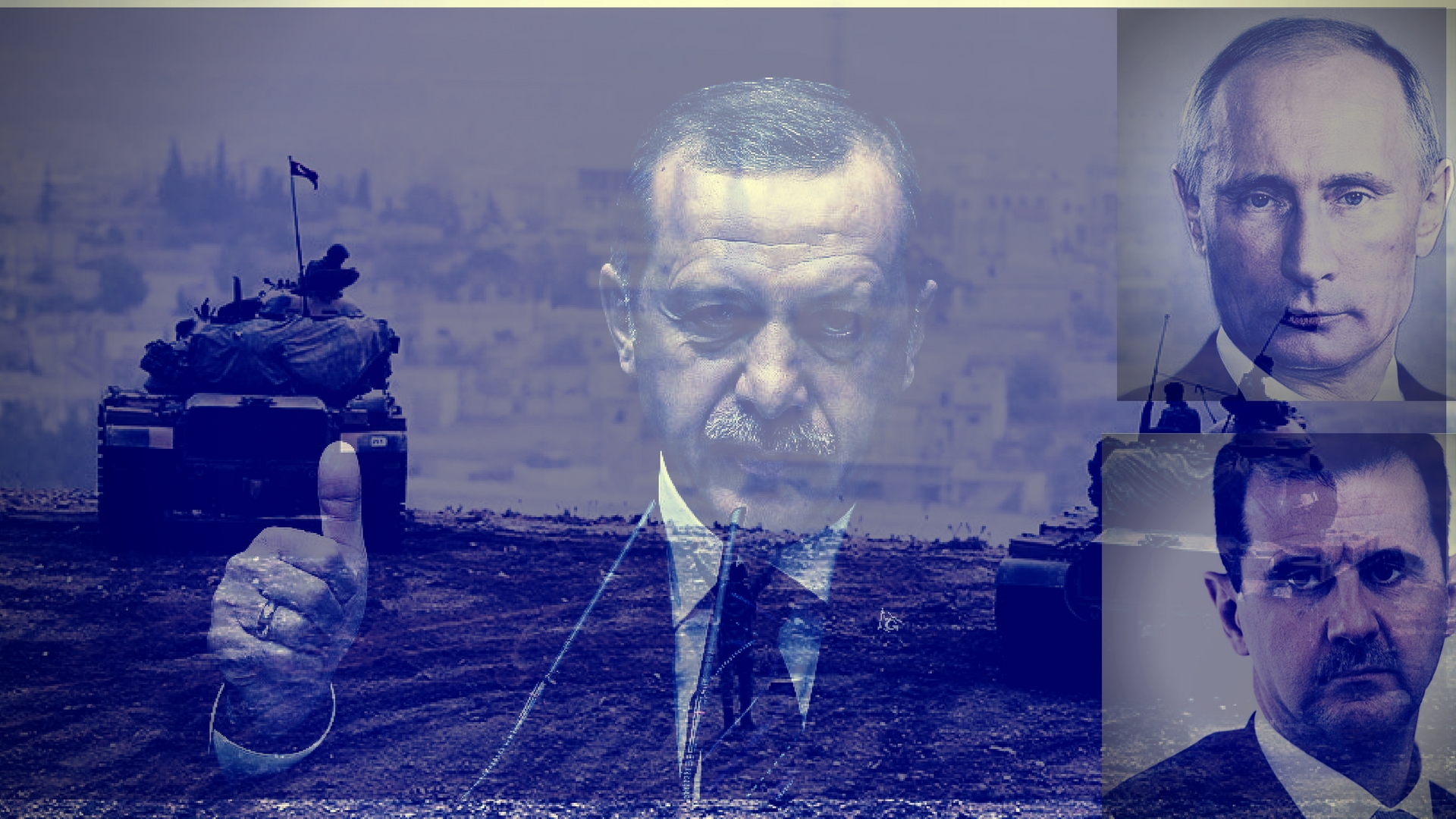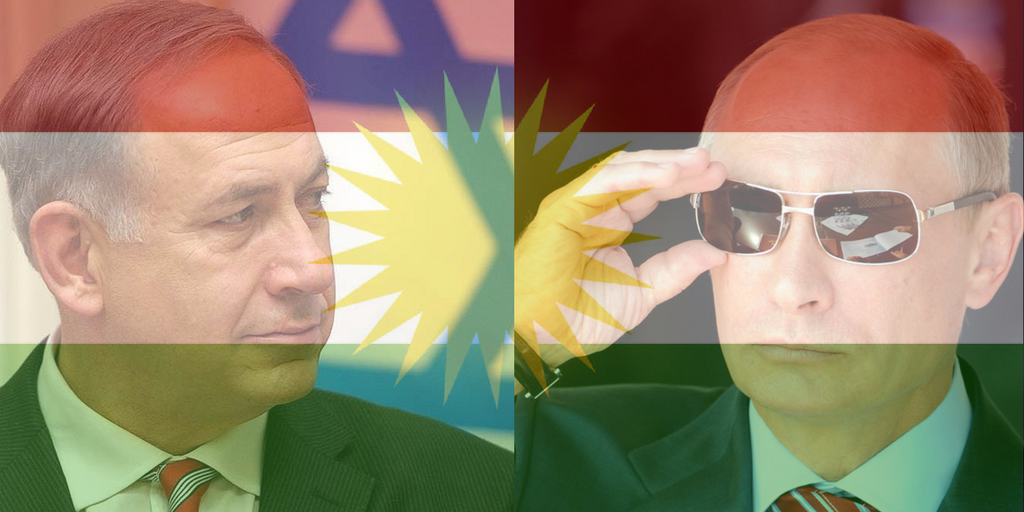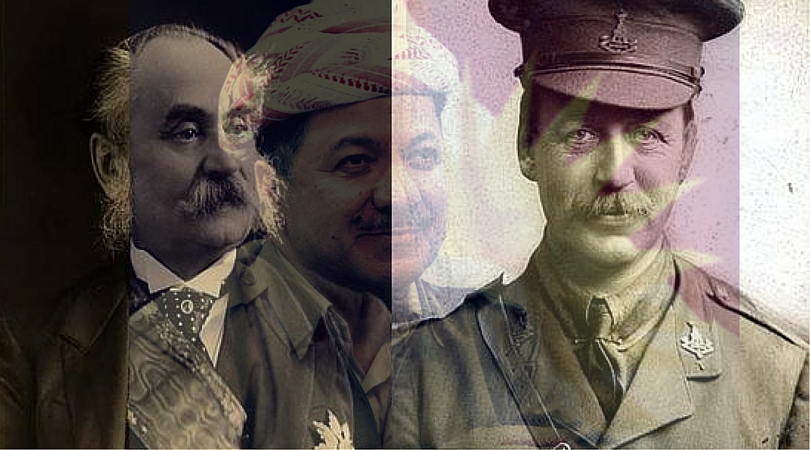Multiple sources are reporting that Turkish special forces backed by artillery fire and F-16’s have begun a direct military assault on ISIS positions in Northern Syria. Turkish combat units such as regular infantry and tanks have rolled up to the Syrian border and are preparing to enter sovereign Syrian territory for the first time.
Turkey’s Foreign Minister Mevlut Cavusoglu said:
Daesh [ISIS] should be completely cleansed from our borders and we are ready to do what it takes for that.
This change in Turkey’s relationship to the ongoing Syrian civil war is drastic and very well can lead to untold consequences as Turkey’s goals both align with the anti-ISIS coalition as well as are in conflict with it. Erdogan often times uses ISIS as a foil to attack Kurdish positions in both Syria and Iraq. The Turkish government has resigned itself to a Kurdish autonomous zone in Northern Iraq, but when the Syrian Kurds literally declared a federalized autonomous entity in Northern Syria, Turkey knew it had limited time to react before an inevitable Kurdish state arose on its border stretching from the Mediterranean to Iran.
The anti-ISIS particulars behind Turkey’s intensifying an already out of control conflict gives it the wiggle room it needs to invade Syria. The only question remains is whether Putin agreed to this or not. If he did not, then the Syrian civil war just got a whole lot uglier.
Yet, if this was agreed between Erdogan and Putin beforehand then the Russian leader must have promised Erdogan something big in return for destroying the very group Turkey helped set up in order to make a lot of money off the illegal oil trade. Of course, Erdogan didn’t do this alone. US and NATO were at least complicit with the set up of ISIS, a radical Sunni group in Eastern Syria. Using oil as payment to Turkey, NATO and the US were free to establish a blocking force against Iranian advancement, albeit one that has grown out of control.
Now with Turkey’s pivot to Russia, ISIS is more of a hindrance than a help. So what is the quid pro quo from Russia? Russia’s abandonment of the Kurds makes that an easy answer.





![Sykes-picot[1]](http://israelrising.wpengine.com/wp-content/uploads/2016/05/Sykes-picot1.png)